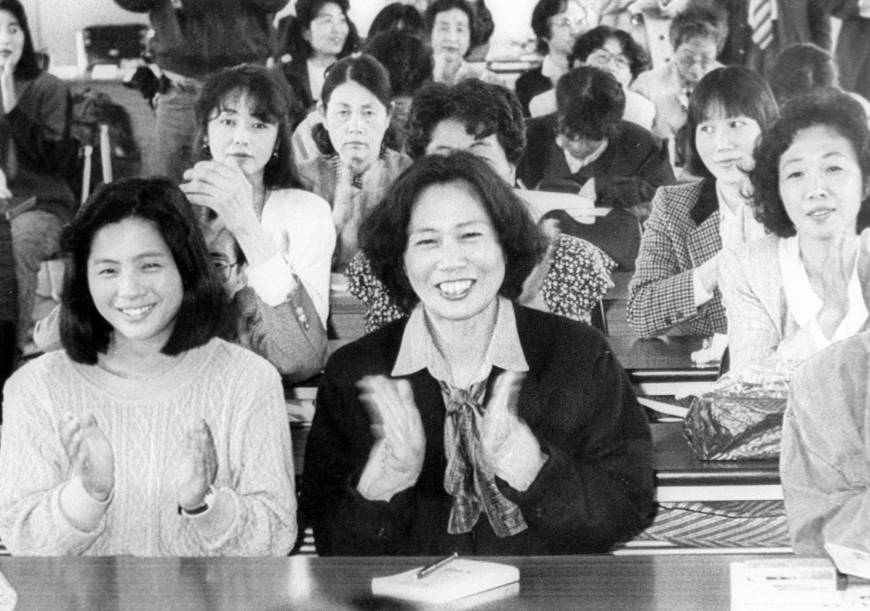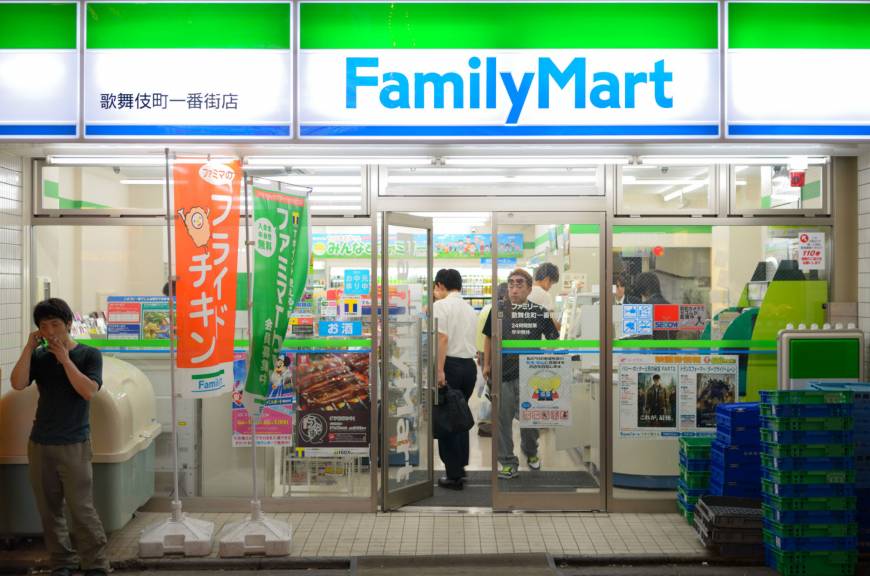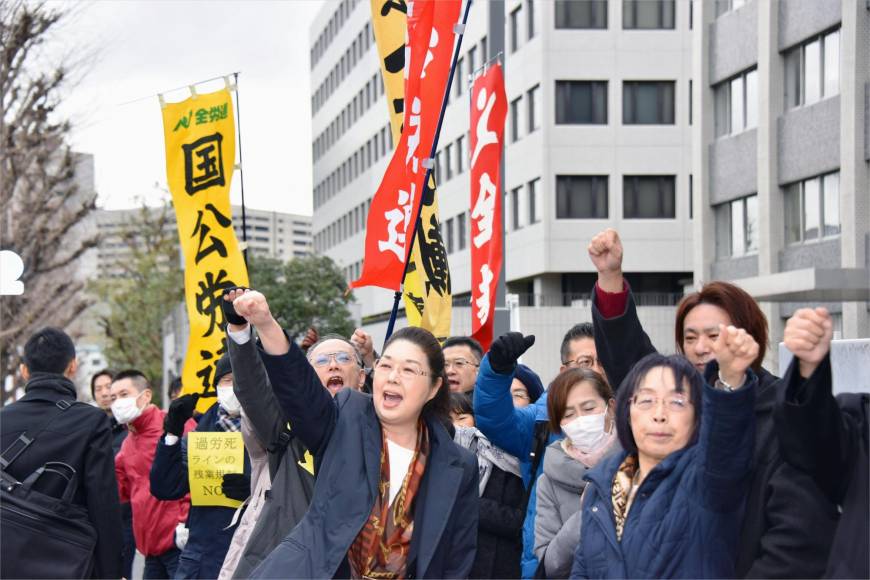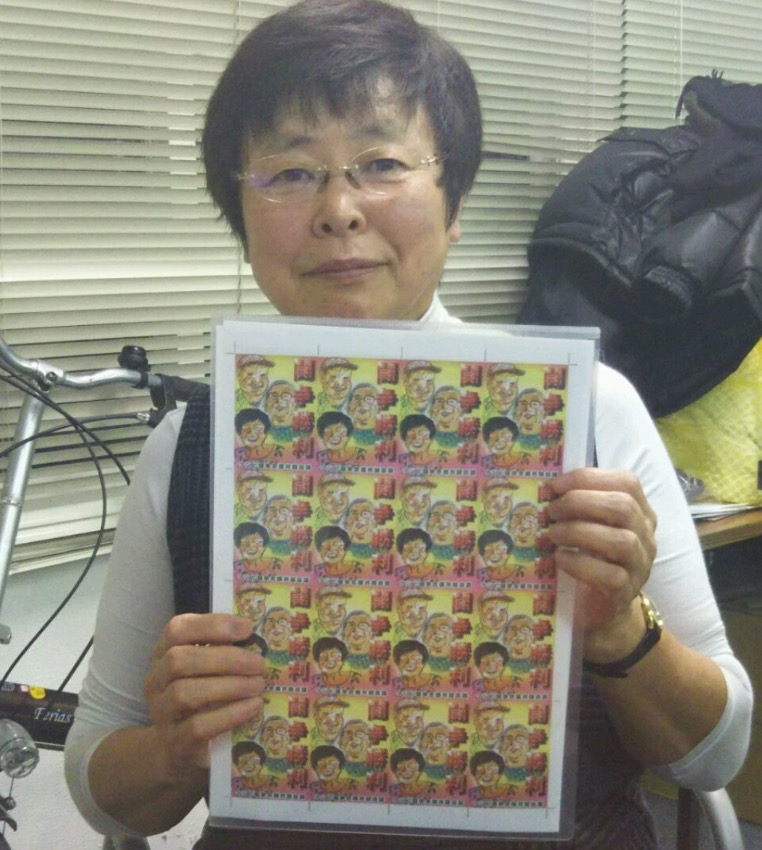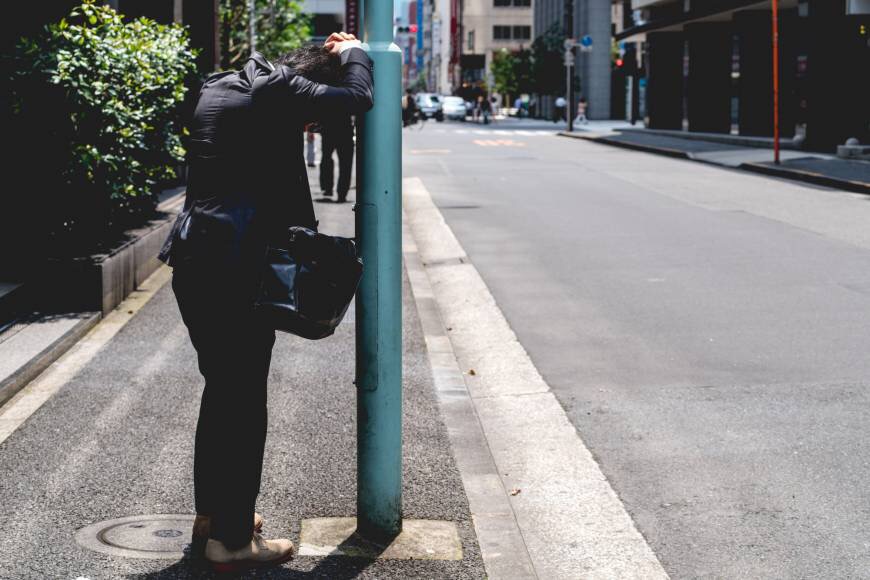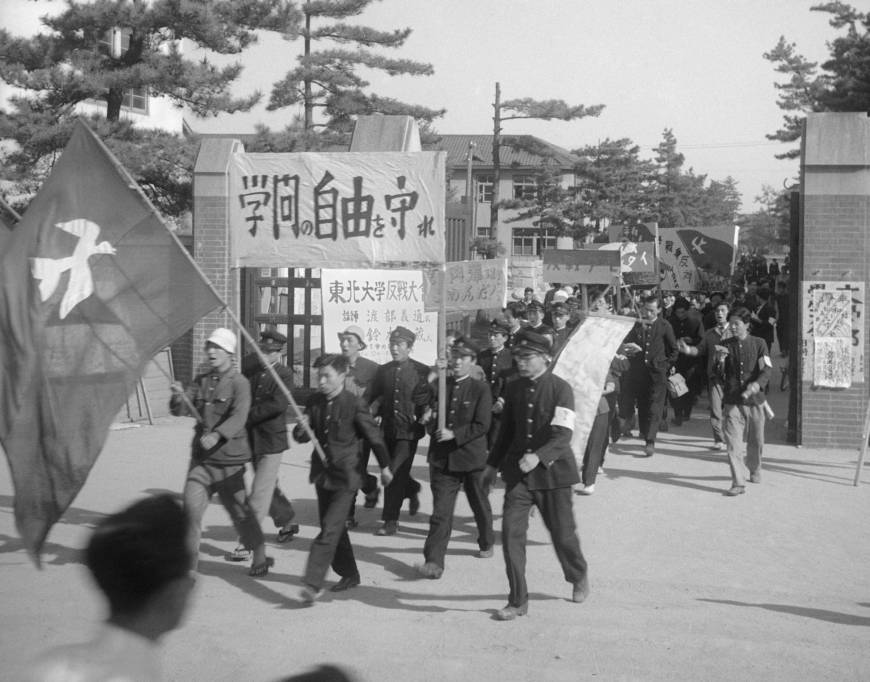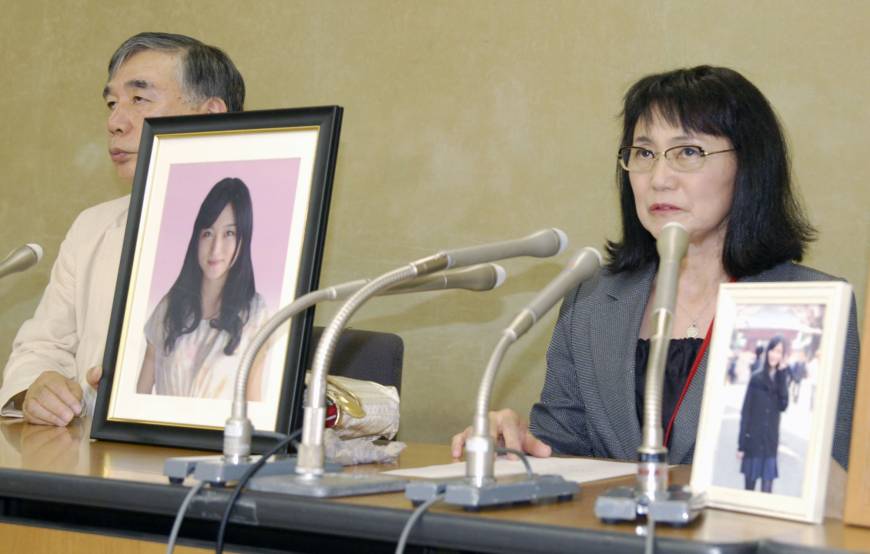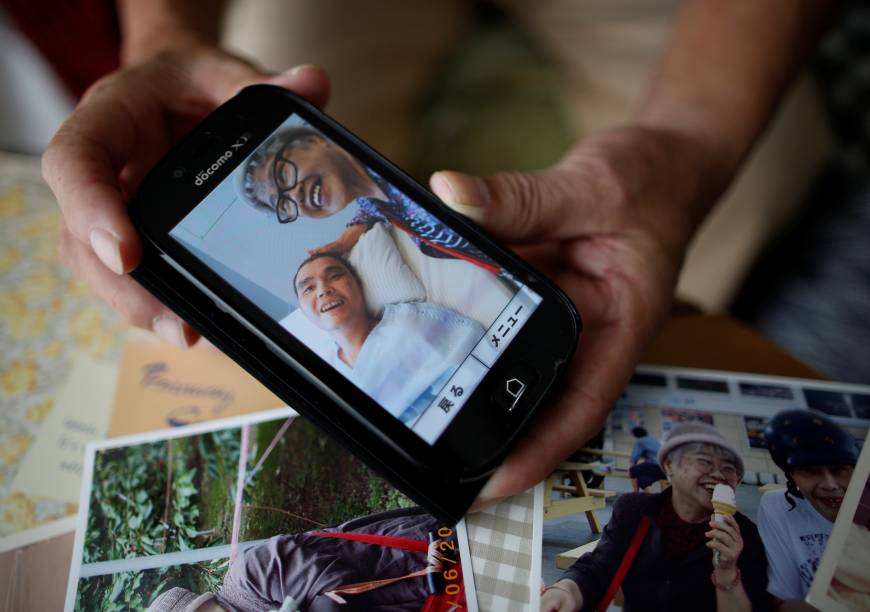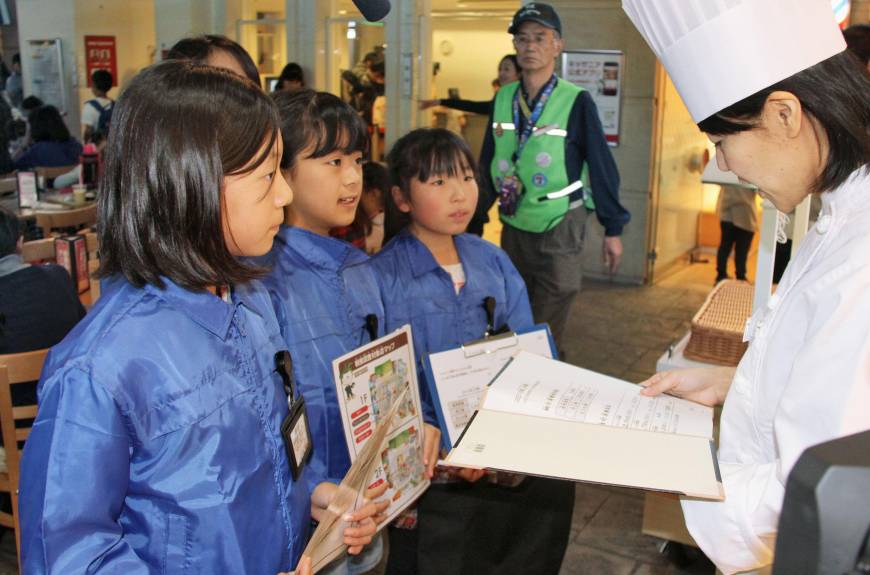The Equal Employment Opportunity Act (EEOA) had been enacted three years earlier, but awareness of issues affecting women in the workplace was still low in Japan; they were considered “workplace flowers,” “seat warmers until marriage,” “male workers’ assistants” or even “unsold Christmas cakes.” The last epithet referred to those whose values as women were said to be plunging because they had not married by age 25 (with Christmas Day being Dec. 25 and all).

